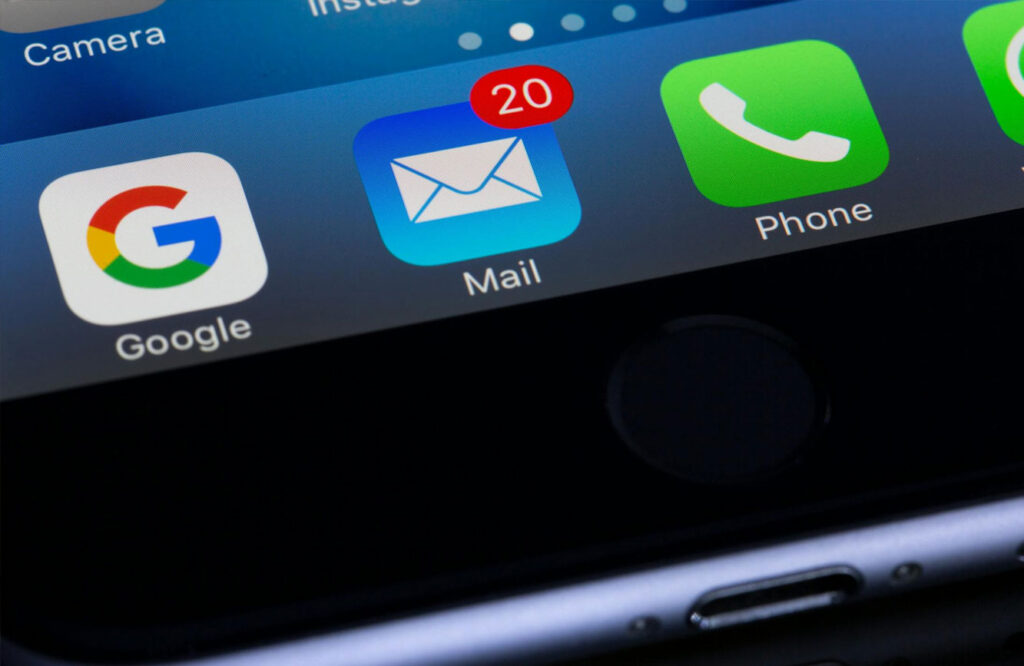
In an age dominated by social media, instant messaging, and a plethora of communication apps, one might wonder: do people still use email?
The answer is a resounding yes.
Despite the rise of new technologies, email remains a cornerstone of both personal and professional communication. Moreover, email continues to be a powerful tool in the world of marketing, offering unique advantages that newer platforms can’t quite match.
The Enduring Relevance of Email
Email usage is far from declining. According to a 2023 report by Statista, there are over 4 billion email users worldwide, a number expected to grow steadily. This widespread adoption makes email one of the most reliable methods for reaching a broad audience. People use email daily for various purposes, from staying in touch with friends and family to conducting business transactions and managing subscriptions. Its asynchronous nature allows users to respond at their convenience, making it a preferred choice for non-urgent communication.
Email in the Professional Sphere
In professional settings, email is indispensable. It provides a formal channel for communication that is often required for business correspondence. Contracts, official documents, and detailed project updates are frequently shared via email, ensuring a documented trail that can be referenced later. This level of reliability and formality is something that many instant messaging apps and social media platforms lack.
Email Marketing: A Powerful Tool
Email’s relevance extends beyond personal and professional use into the realm of marketing. Email marketing remains one of the most effective strategies for engaging customers and driving sales. Here’s why:
- Direct Access to Customers
Email allows businesses to reach their customers directly in their inboxes. Unlike social media platforms where posts might get lost in the feed, an email is more likely to be seen and read.
- Personalization
Modern email marketing tools enable businesses to personalize messages based on customer preferences, behaviors, and past interactions. Personalized emails can significantly boost engagement rates compared to generic messages.
- Cost-Effectiveness
Email marketing is relatively inexpensive, especially when compared to traditional advertising methods. With a well-maintained email list and a solid strategy, businesses can achieve impressive ROI.
- Measurable Results
Email marketing platforms offer detailed analytics, allowing businesses to track open rates, click-through rates, and conversions. This data is invaluable for refining and improving marketing strategies over time.
- Automation
Automation tools enable businesses to set up email campaigns that trigger based on specific actions or timelines, such as welcome emails for new subscribers or follow-ups after a purchase. This ensures consistent and timely communication without requiring constant manual effort.
Conclusion
Email is far from obsolete. Its versatility and effectiveness make it an enduring tool for communication in both personal and professional contexts. For marketers, email remains a powerful medium to engage customers, personalize interactions, and drive conversions. As long as people continue to check their inboxes, email will retain its significance in the digital landscape.

